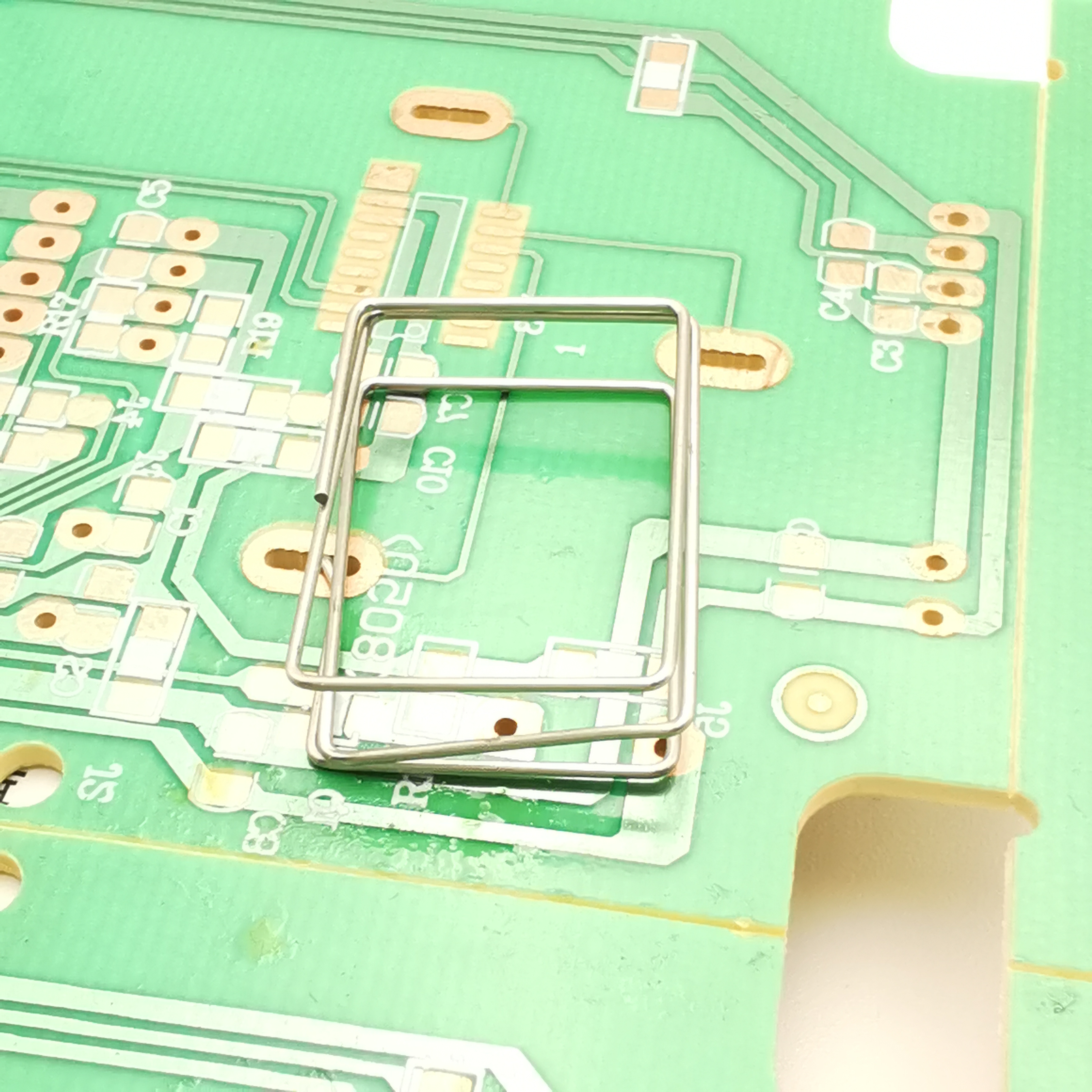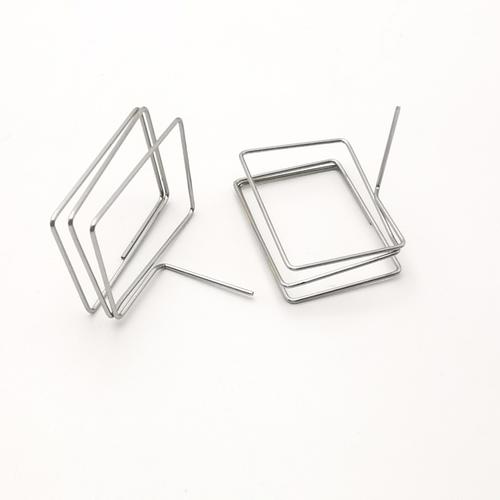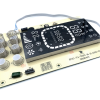
Everything You Need To Know About Keyboard Switch Springs
Keyboards are ubiquitous tools in our daily lives, facilitating communication, work, and entertainment. While we often take them for granted, beneath the keys lies a fascinating realm of technology, with the keyboard switch spring playing a pivotal role. In this article, we delve into the hidden world of keyboard switch springs, exploring their history, design, and impact on our typing experience.
Introduction of a Keyboard Switch Spring
Keyboard switch springs are meticulously crafted components, often made from steel or copper alloys. The choice of materials directly influences the switch's performance. Steel, for instance, offers durability and resilience, while copper alloys can provide a softer and more responsive keystroke. Engineers continually seek the perfect alloy to strike a balance between actuation force and tactile feedback.
Diving deeper, these springs can differ not only in material but also in shape and size. Smaller springs often translate to a lighter touch, making them ideal for rapid typists, while larger springs require more force to actuate, suiting those who prefer a more deliberate keystroke.
Torsion and Actuation Force
The design of a keyboard switch spring is a meticulous process, balancing the spring's torsion, or twisting ability, with the desired actuation force. The actuation force refers to the amount of pressure required to register a keystroke. The spring's torsion, a measure of its resistance to deformation, significantly impacts the typing experience.
A spring with high torsion requires more force to compress, resulting in a tactile and clicky keystroke, ideal for typists who enjoy the sensation of each keypress. In contrast, low-torsion springs provide a smoother, quieter typing experience. Keyboard enthusiasts often opt for specific switches based on their preference for actuation force and torsion.
Types of Keyboard Switch Springs
Rubber Domes and Membrane Keyboards
Not all keyboard switches are created equal. Rubber dome switches, commonly found in membrane keyboards, are cost-effective and quieter, making them suitable for office environments. These switches employ a rubber dome that surrounds the switch spring, providing a cushioned landing for the key press.
Mechanical Keyboards
Mechanical keyboards, favored by gamers, typists, and professionals alike, feature metal coil springs within each key switch. These springs offer a distinct tactile feel and audible click, satisfying those who appreciate a responsive and audible keystroke. Mechanical keyboards come in a wide array of switch types, each using a unique spring design to cater to various user preferences.
Innovative Developments and Customization
Adjustable Actuation Force
In the quest for the ultimate typing experience, keyboard manufacturers have introduced switches with adjustable actuation force. This feature allows users to fine-tune their keyboards to suit their typing style, whether they prefer a feather-light touch or a more substantial actuation force. Customization has become a key selling point in the world of mechanical keyboards.
Lubrication and Quieter Typing
Lubricating keyboard switch springs has become a popular practice among enthusiasts. Proper lubrication reduces friction between the spring and surrounding components, resulting in a smoother, quieter keystroke. This not only enhances the typing experience but also prolongs the lifespan of the switch, making it a valuable consideration for those who demand the best from their mechanical keyboards.
Conclusion
The humble keyboard switch spring plays a pivotal role in our daily interactions with technology. Whether it's the quiet comfort of a rubber dome or the tactile delight of a mechanical switch, the design and material composition of these springs shape the way we interact with our digital world.
As keyboard technology continues to evolve, it's clear that these unassuming components will remain at the forefront of innovation in the industry. If you want more information about top-quality keyboard switch springs, please don't hesitate to reach out to nellyyip@xinzhaolang.com.







